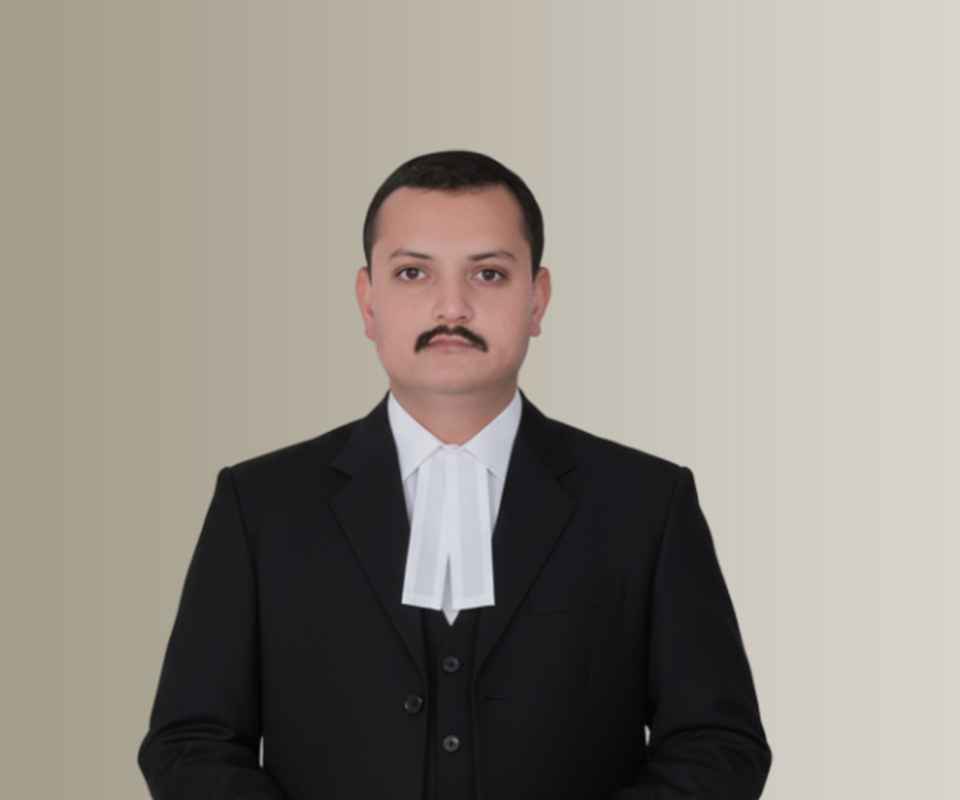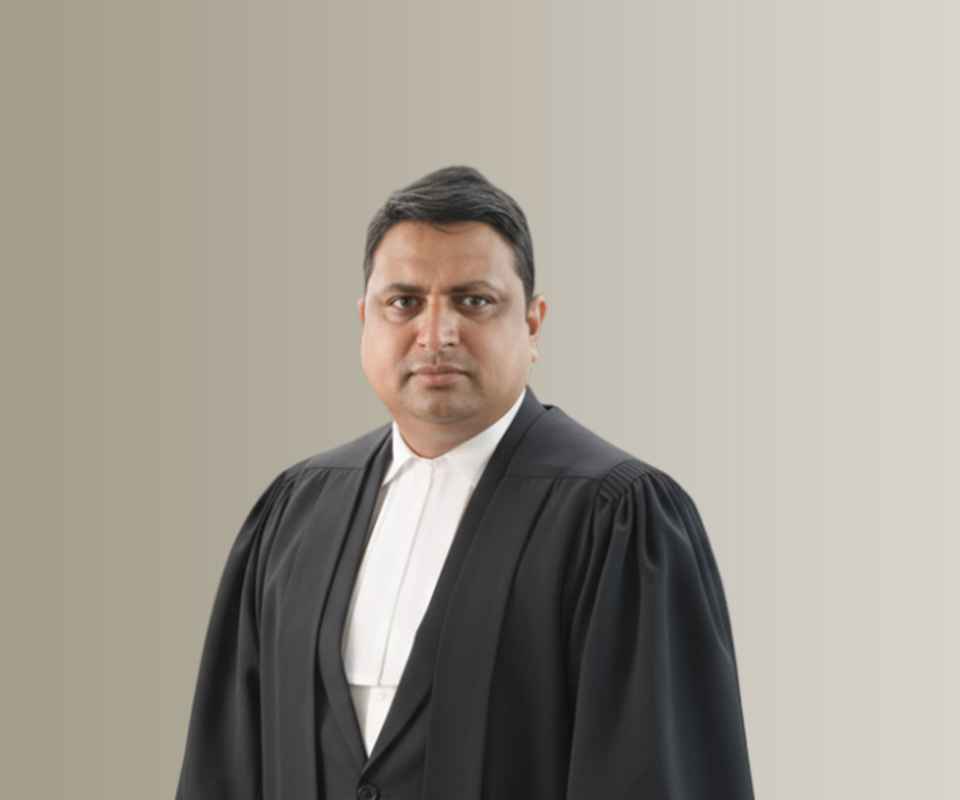Answer By law4u team
Under Shia Muslim law, property is divided among heirs based on the rules outlined in Islamic inheritance law, which is primarily governed by the principles laid out in the Quran and interpreted by Islamic scholars. Here’s a general overview of how property is divided: Fixed Shares: In Shia Muslim law, the estate of the deceased is divided into fixed shares, with certain heirs entitled to a specific portion of the property. The key heirs and their shares are as follows: Husband: If the deceased is a woman, the husband receives one-fourth of the property if the deceased has children, or one-half if there are no children. Wife: If the deceased is a man, the wife receives one-eighth of the estate if there are children, or one-fourth if there are no children. Children: The children of the deceased (sons and daughters) inherit the majority of the estate. Sons typically receive double the share of daughters. Father and Mother: If the deceased has no children, the father and mother are entitled to inherit the property. The father typically receives one-sixth, and the mother one-sixth if there are no children. Siblings: If there are no children, the deceased's siblings (brothers and sisters) may inherit the property, with brothers typically receiving twice the share of sisters. Other Heirs: In the absence of immediate family members like children, spouses, or parents, the estate may be inherited by more distant relatives like grandparents, uncles, aunts, etc., but this depends on the specific circumstances and the available heirs. Executor: An executor (known as a wasi) is often appointed to manage the deceased's estate and ensure the proper division of property as per Shia Islamic law. The division is typically done by calculating the shares, which are considered fixed percentages of the total estate. The presence of debts or other financial obligations might also affect the division, as debts are settled before the distribution among heirs. This is a simplified overview, and in practice, the specific distribution might vary depending on the family situation and interpretation of Shia law by local scholars.









